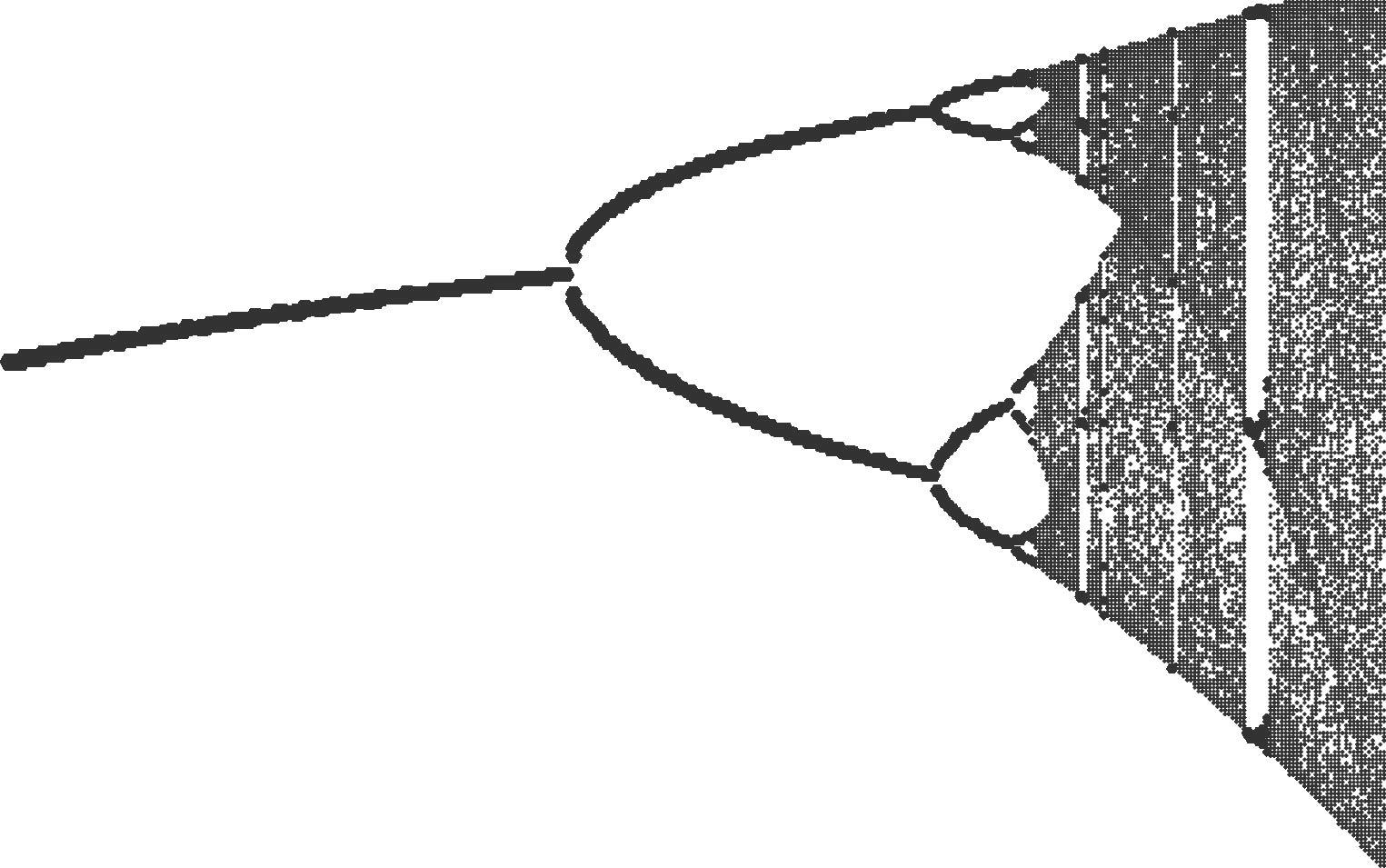Date:
Location:
Presented by Yuriy Pichugin, Max Planck Institute for Evolutionary Biology

Abstract
A fascinating wealth of life cycles is observed in biology, from unicellularity to the concerted fragmentation of multicellular units. However, the understanding of factors driving their evolution is still limited. We built a simple matrix population model of staying-together life cycles of undifferentiated multicellular colonies. We investigated evolutionary optimal modes of group reproduction and found that only a narrow subset of life cycles is able to evolve - deterministic binary fragmentation. We also show that costs of fragmentation have a major impact on the evolution of life cycles due to their influence on the growth rates of the associated populations. Fragmentation events are associated with a cost expressed by either a fragmentation delay, an additional risk, or a cell loss. The introduction of such fragmentation costs vastly increases the set of possible life cycles. Based on these findings, we suggest that the evolution of life cycles involving splitting into multiple offspring can be directly associated with the fragmentation cost. Moreover, the impact of this cost alone is strong enough to drive the emergence of multicellular units that eventually split into many single cells, even under scenarios that strongly disfavour collectives compared to solitary individuals.

